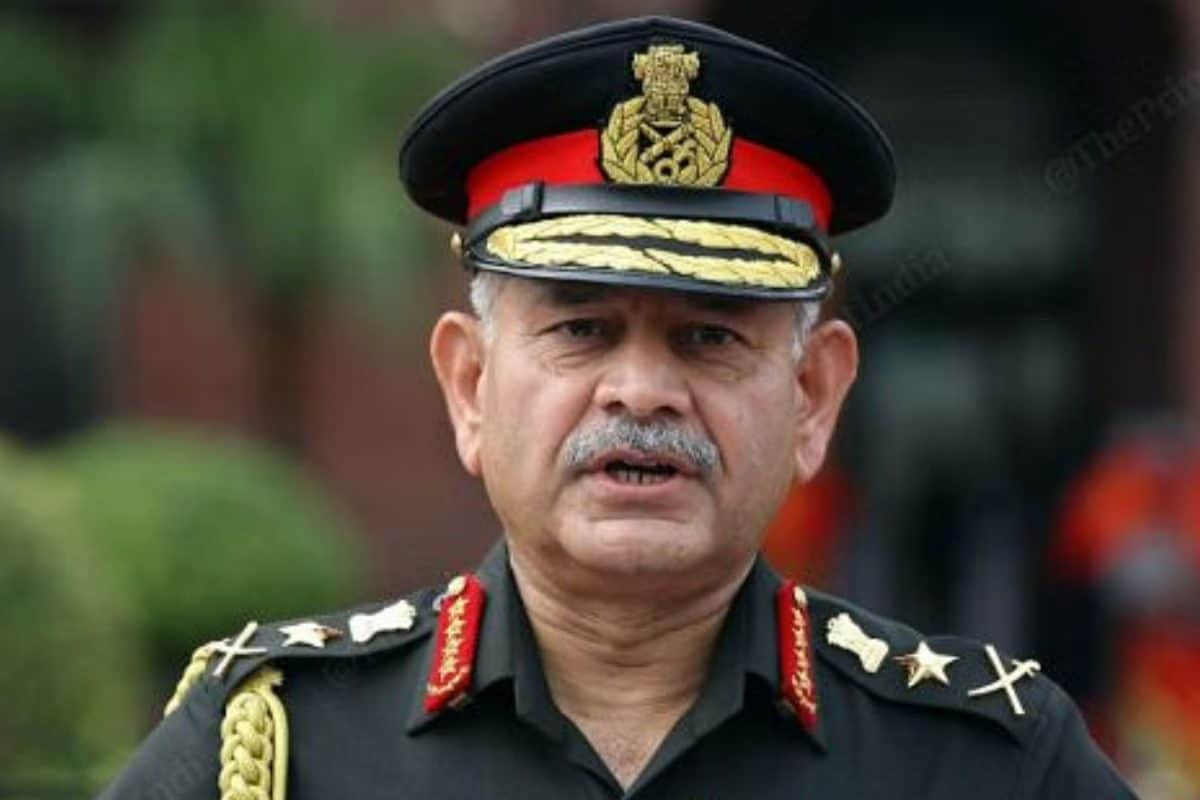

Army Chief General Upendra Dwivedi has strongly advocated for the implementation of theaterisation within the Indian armed forces, emphasizing its crucial role in achieving "unity of command". Speaking at an event in New Delhi, General Dwivedi asserted that the integration of the Army, Air Force, and Navy capabilities is not a question of "if," but rather "when". He highlighted that theaterisation is the answer to dealing with multiple agencies involved in modern warfare, emphasizing the necessity of a unified commander for effective coordination and execution.
Theaterisation involves merging the existing 17 single-service commands into three or four integrated theaters, with each theater command encompassing all necessary Army, Navy, and Air Force assets for its designated mission. The primary objective is to foster synergy, expedite decision-making, minimize overlaps, and promote joint planning and operations, especially in the context of multi-domain conflicts.
General Dwivedi explained the necessity of theaterisation by pointing out the complex web of agencies involved in modern warfare, including the Border Security Force, Indo-Tibetan Border Police, tri-services, defense cyber agencies, defense space agencies, ISRO, Civil Defence, Civil Aviation, Railways, NCC, and state and Central administrations. He argued that coordinating such a diverse range of entities necessitates a unified command structure to ensure effective execution.
The Army Chief's remarks come in the wake of divergent views expressed by the chiefs of the other two forces at a recent tri-services seminar, "Ran Samwad," held at the Army War College in Mhow. While the Army and Navy have signaled their readiness for reforms to restructure the existing command and control system, the Chief of the Air Staff, Air Chief Marshal A.P. Singh, urged caution. Air Chief Marshal Singh proposed an interim step, suggesting the creation of a Joint Planning and Coordination hub in New Delhi under the Chiefs of Staff Committee. In contrast, Navy Chief Admiral Dinesh K. Tripathi reiterated the Navy's commitment to tri-service synergy, emphasizing theaterisation as the "ultimate goal".
Acknowledging the "dissonance" within the military regarding the establishment of tri-services commands, Chief of Defence Staff General Anil Chauhan assured that these differences would be addressed while keeping the nation's best interests in mind.
The concept of theaterisation is not new, with discussions and debates surrounding the reorganization of India's armed forces for future wars spanning several years. The real impetus for implementing the theaterisation model came after the appointment of General Bipin Rawat as India's first CDS in 2019. He openly advocated for reorganizing the 17 single-service commands into four or five theater commands.
In addition to his comments on theaterisation, General Dwivedi also expressed his gratitude to the government for the Goods and Services Tax (GST) rate reduction on various military equipment and systems. He stated that this reduction would provide a major boost to the defense corridors, attracting more investments and benefiting MSMEs and startups facing financial constraints. The GST reduction is poised to fuel modernization, research, and development within the defense sector, bolstering capabilities crucial for future conflicts.